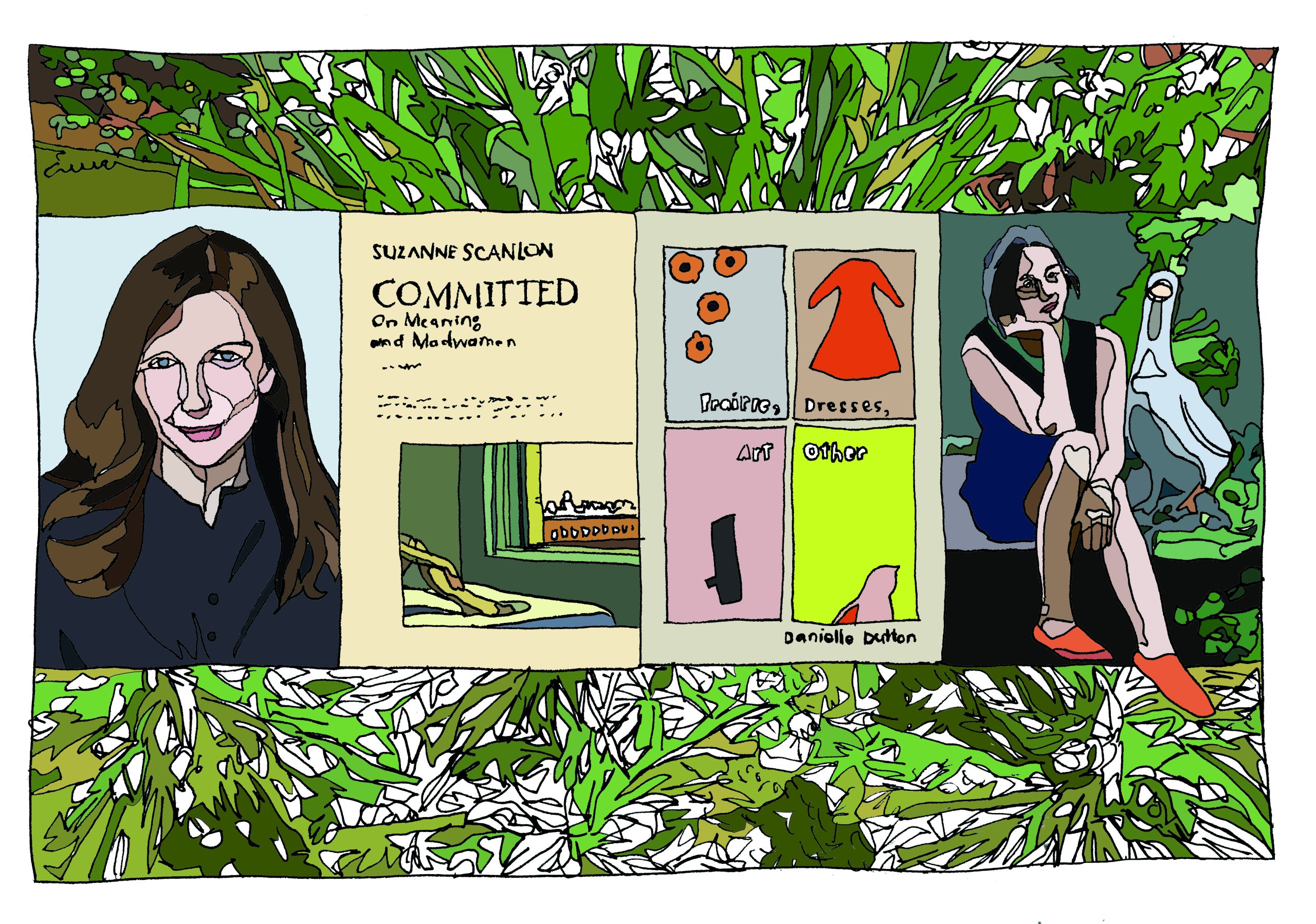news
Pynchon, Paranoia, and Prophecy

“A market needed no longer be run by the Invisible Hand, but now could create itself — its own logic, momentum, style, from inside. Putting the control inside was ratifying what de facto had happened — that you had dispensed with God. But you had taken on a greater, and more harmful, illusion. The illusion of control. That A could do B. But that was false. Completely. No one can do. Thing only happen, A and B are unreal, are names for parts that ought to be inseparable…” –Gravity’s Rainbow
What could this possibly mean?, is among the first questions a reader has to ask on opening a novel by Thomas Pynchon. His concerns ought to be familiar: sexual promiscuity, mind alteration, popular history in lyric form. What MTV has been jump-cutting about for a few decades now, that blissful-bright amnesia pill, favored by the young and their imitators. And, oh, yeah, paranoia, the loss of God, cultural imperialism, the clash of civilizations. The water-worn pebble of the Left and what gets swept under the smiles of the Right. Not to forget gender-bending, corporate greed, and the never-ending pursuit of some elusive thing. Do the rockets that military industrialists hawk have anything to do with the pitch of a population’s sexual frenzy? Pynchon writes serious books, hysterical in their intent, laughing madly and coolly prescient. The kind of laughter that knew what your next thought would be thirty-five years ago — way back when you were however many cigarettes more willing to believe.
It’s not the kind of endorsement that anybody seeks, but in DT Max’s March 9th article in The New Yorker on the late David Foster Wallace, there is an anecdote about Wallace’s first encounter with Pynchon’s V. The comparison made is to Dylan’s happening on the songs of Woody Guthrie. (And is this weird?: the first person to suggest to then-folk-scene-hanger-on Bob Dylan that maybe somebody ought to, you know, “start a whole new genre,” try putting some poetry and rhythm to those old song structures — as dramatized in David Hajdu’s Positively 4th Street — was this fellow named Richard Fariña, who, get this, was a very close friend of Pynchon’s at Cornell, and whose own story can only have augmented his friend’s obsession with rocket-falls and the hair-raising randomness of fate… so a guy might think on noticing the dedication of Gravity’s Rainbow… heavenly design, freak chance, or is it, hey, some kind of sinister conspiracy?)
Pynchon has made a career out of wrestling with those questions. Inherent Vice, his latest novel, offers a continuance of that incantatory brand of brilliance, behind the fake moustache and cheap suit of Noir. (Famously elusive to the media eye, Pynchon and disguise have always been a fit.) Playing at genre is the serious novelist’s way of circling the wagons to defend their medium, while the YouTube natives pound their drums and spirit new media arrows into the sky. With Pynchon, though, you never quite know: He might be rooting for those laying siege. This is the same novelist who, circa 1966, posited a secret network of isolates, connected through W.A.S.T.E. tubes, in the nearly reader-friendly The Crying of Lot 49.
Did the concepts for craigslist, Facebook, Twitter appear to Thomas Pynchon in a dream? Like a missile whose scream is silent until it hits, his work marks the parabolic curve of how we got from there to here.
***
In the early spring this year, I was asked by a glossy, fashion-focused magazine to write a retrospective on the work of Thomas Pynchon. The caveat being that I had only (about) 500 words. What I came up with was the preceding, which, for some odd reason, they never got back to me on. A polite way of saying, ‘get lost.’ Well. Okay. –Jeff








